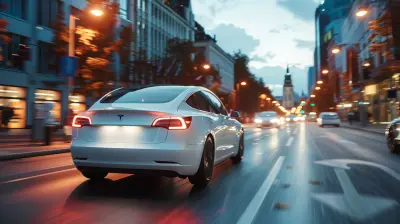The Fastest Growing EV Markets Around the World
11 October 2025
Electric vehicles (EVs) are no longer just a futuristic dream—they're here, and they're gaining momentum faster than you can say "zero emissions." With the world gradually waking up to the dangers of climate change, governments, businesses, and consumers alike are shifting their focus toward cleaner, greener transportation options. As a result, the electric vehicle market is booming globally, with some countries leading the charge (pun intended). But where exactly are EVs growing the fastest? Let’s take a closer look at the hottest EV markets that are lighting up the world.
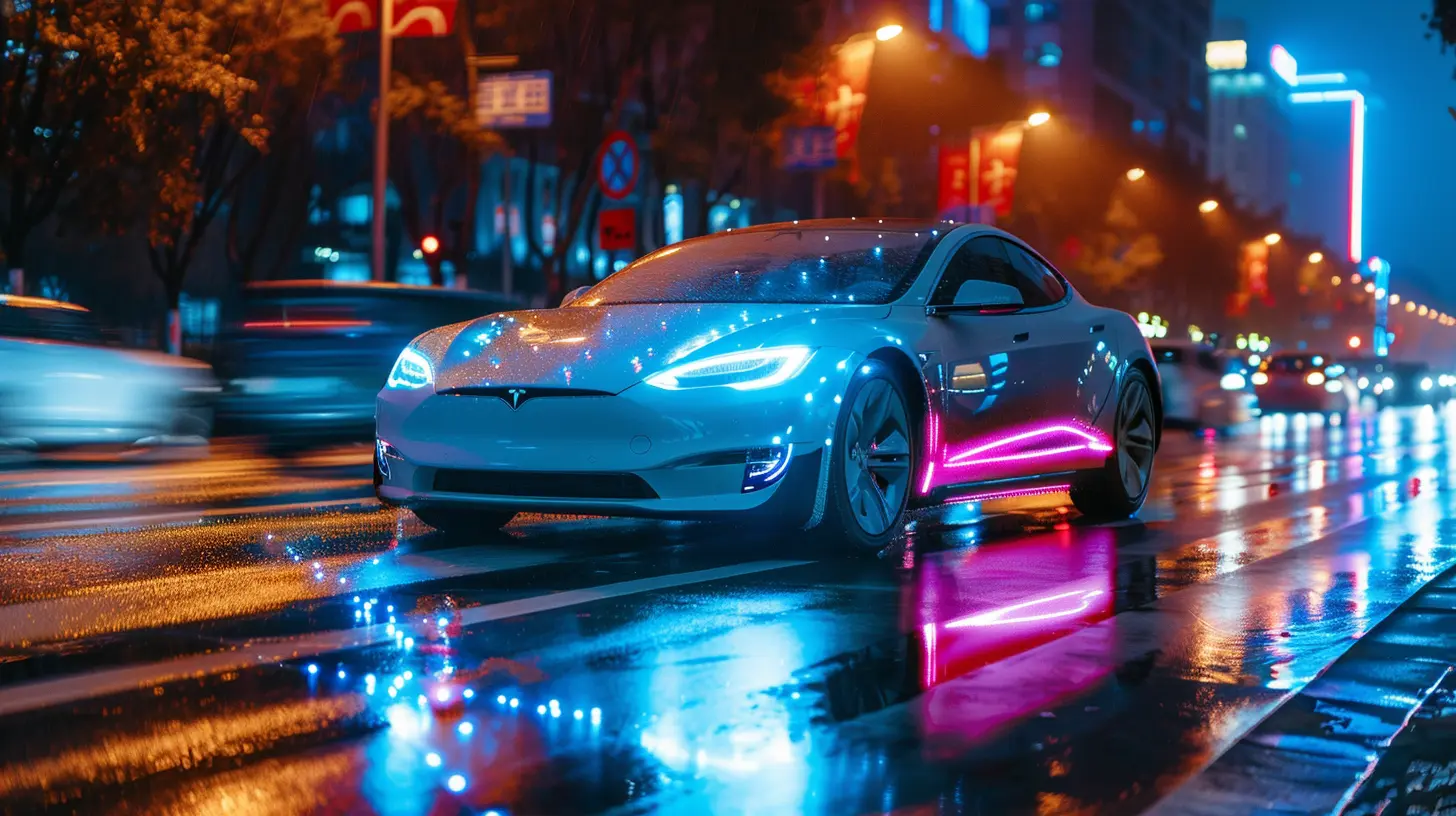
Why Are EVs Taking Over?
Before diving into specific markets, let's talk about why EVs are growing so quickly. It boils down to a few key factors:1. Environmental Concerns: The world is grappling with climate change. EVs have emerged as one of the most effective solutions to reduce carbon emissions, especially since transportation is one of the biggest contributors to greenhouse gases.
2. Government Incentives: From tax credits to rebates, many governments are pushing consumers toward EVs. And who doesn't love a little cash back?
3. Technological Advancements: Battery technology is improving by leaps and bounds, meaning longer driving ranges and faster charging times—two of the biggest roadblocks to EV adoption are being cleared.
4. Cost Parity: EVs are getting cheaper, and when you factor in savings on fuel and maintenance, they’re becoming an increasingly attractive option.
Now, with that said, let’s zoom in on the countries that are ahead of the curve when it comes to EV adoption.
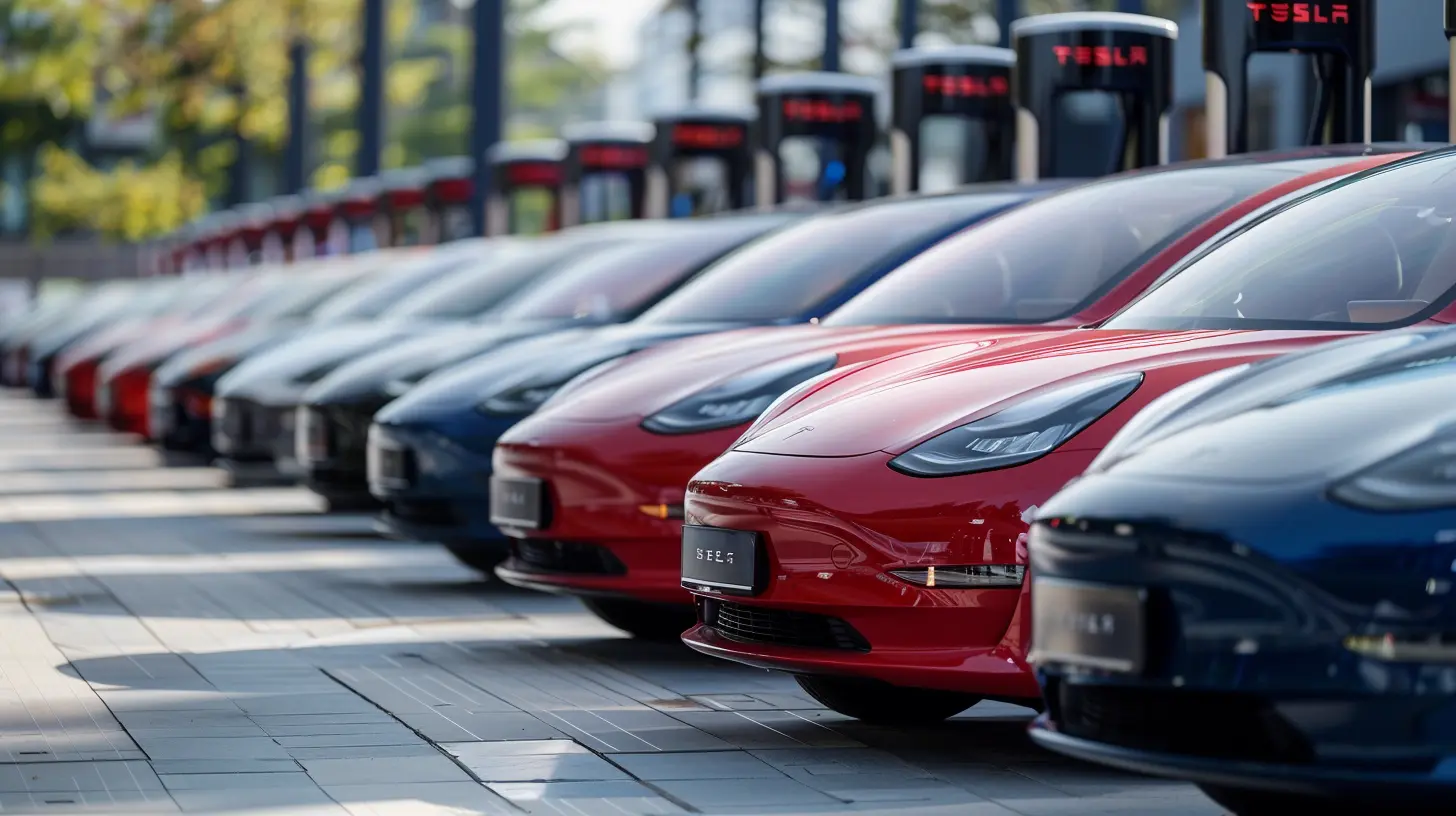
1. China: The EV Powerhouse
When we talk about the fastest-growing EV markets, China is absolutely dominating the conversation. In fact, China is the largest EV market in the world by a long shot. If you thought Tesla was the king of the EV world, think again—companies like BYD, NIO, and Xpeng are giving Elon Musk's empire a serious run for its money in the Chinese market.Why Is China Leading the Pack?
For starters, China is serious about cleaning up its notorious air pollution problem. Cities like Beijing and Shanghai are plagued by smog, and the government knows it needs to act fast. That's why China offers generous subsidies for both consumers and manufacturers who embrace electric vehicles. Combine that with strict vehicle emissions regulations, and it’s clear why China is racing ahead.Moreover, China has made huge investments in charging infrastructure. There are over a million public EV charging stations across the country, making it incredibly convenient for drivers to switch to electric.
Chinese Automakers: A Threat to Tesla?
While Tesla is making inroads in China, it faces stiff competition from local automakers. BYD, for example, has become a dominant player, offering affordable EVs that cater to the masses. NIO, on the other hand, is attracting higher-end consumers with its luxury EVs. China’s homegrown brands are scaling up rapidly, and they’re not just targeting the domestic market—they have their sights set on international expansion.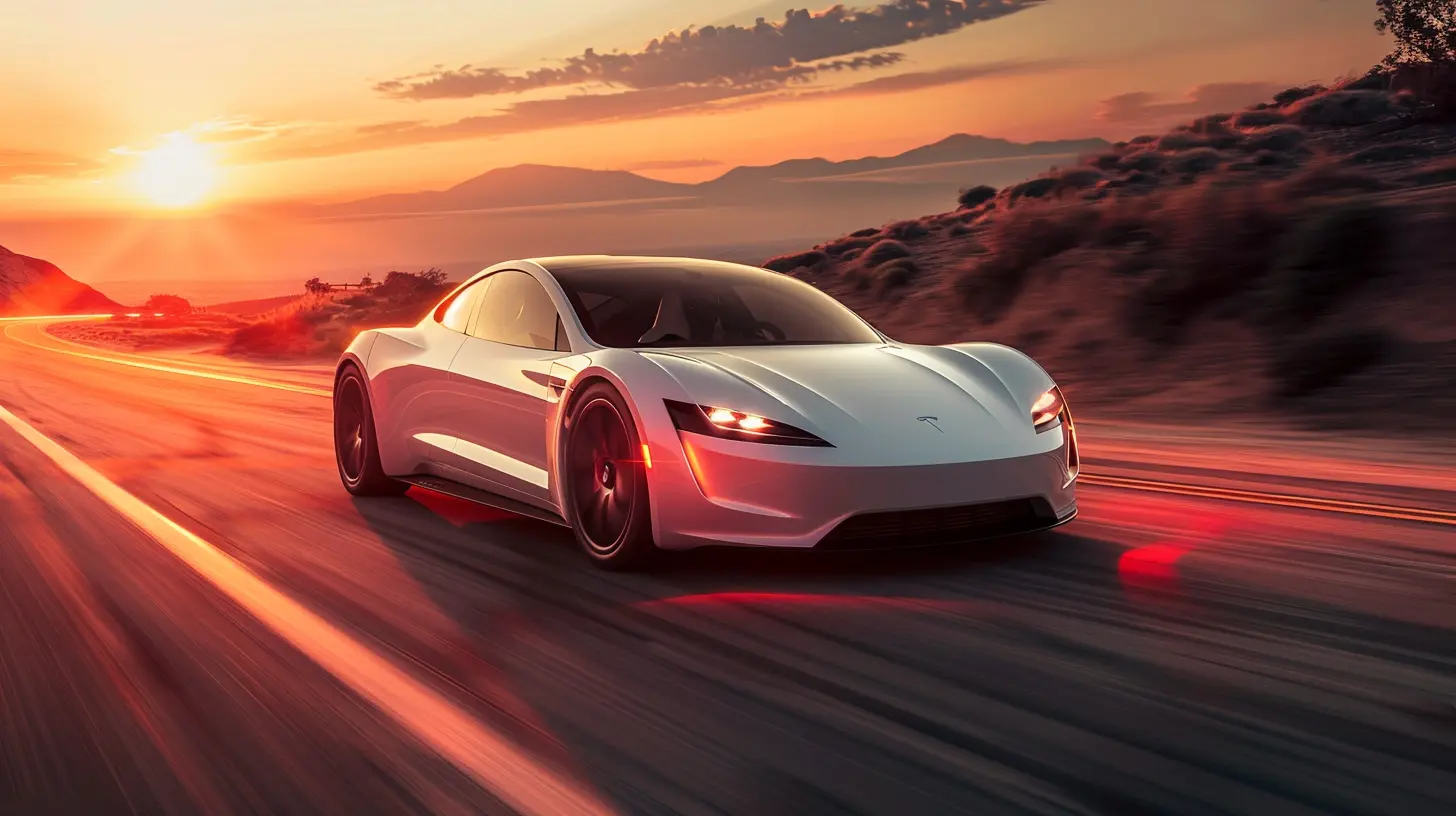
2. Norway: The EV Capital of the World
For a country with a population of just over 5 million, Norway punches way above its weight when it comes to EV adoption. In fact, Norway is arguably the most electrified country on the planet. In 2022, electric cars accounted for nearly 80% of all new car sales in Norway. That's mind-blowing!Government Support Like No Other
Norway’s government is a huge driving force behind its EV success. The country offers an array of incentives, including zero sales tax, reduced tolls, and free parking for EV owners. Add to this the fact that Norway has some of the highest gasoline prices in the world, and the decision to go electric becomes a no-brainer for many Norwegians.Leading by Example
Norway plans to phase out the sale of gas-powered cars entirely by 2025. That's just around the corner! If you’re looking for a country that’s fully committed to an electric future, Norway is the poster child.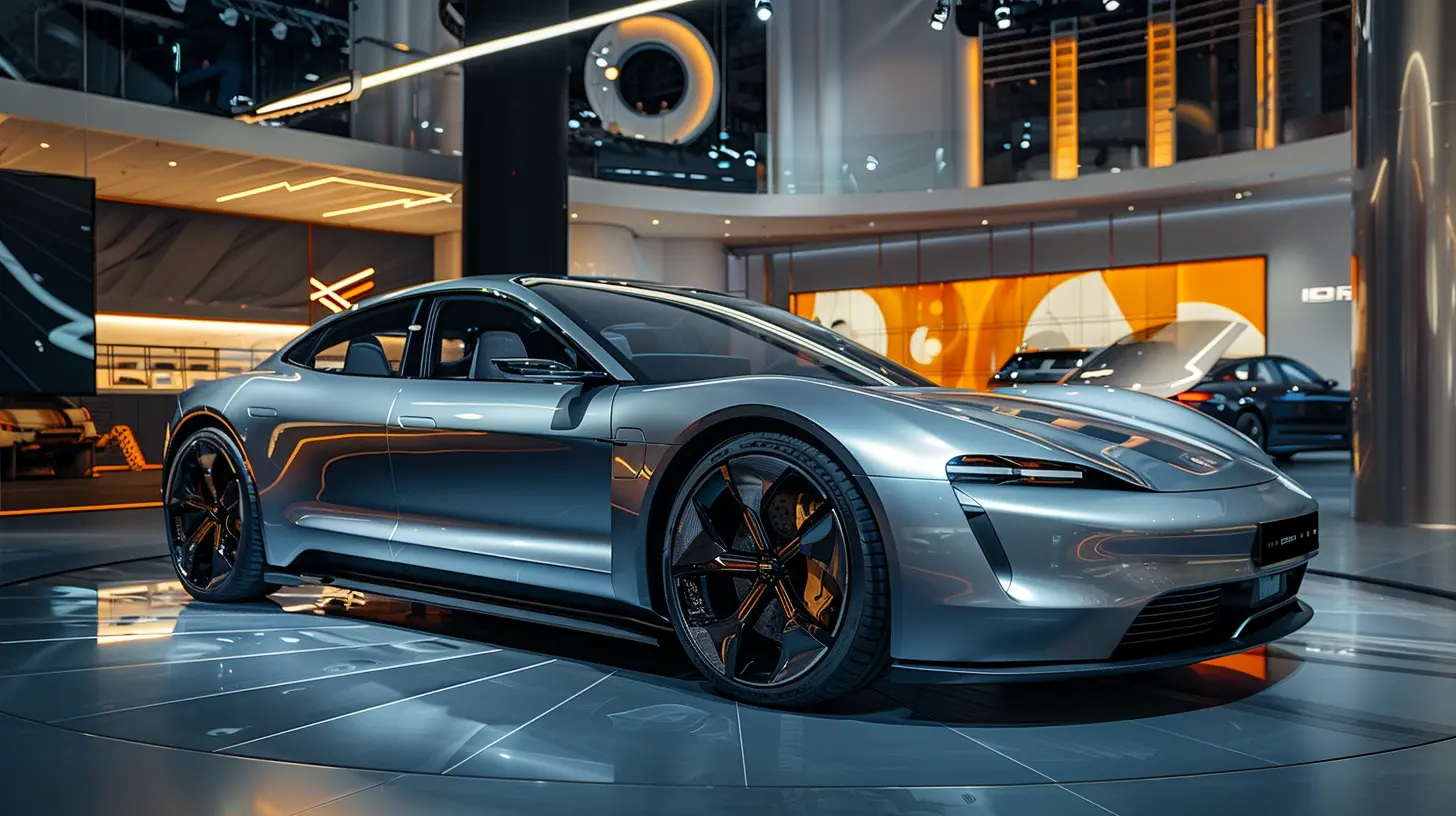
3. The United States: Tesla’s Playground
It’s impossible to talk about EVs without mentioning the U.S.—more specifically, Tesla. While the U.S. may not be the global leader in terms of EV market share, it has one of the most iconic EV brands in the world. In 2022, the U.S. EV market grew significantly, with electric cars accounting for 5-6% of total vehicle sales (and that number is climbing fast).Tesla: The Game Changer
Tesla is practically synonymous with electric vehicles in the U.S., and for good reason. Elon Musk’s company has not only revolutionized the EV market but also made electric cars cool. The Tesla Model 3 and Model Y are among the best-selling EVs in the world, and they dominate the American market.But it’s not just Tesla anymore. Companies like Rivian and Lucid Motors are making waves with their luxury EVs, while traditional automakers like Ford and GM are ramping up their electric offerings. The Ford Mustang Mach-E and the electric F-150, for example, are exciting new additions that are helping to push EV adoption in the U.S.
Government Incentives
The U.S. federal government offers tax credits for EV buyers, and several states have their own incentives. California, in particular, is a leader in EV adoption, thanks to its strict emissions standards and a robust network of charging stations.4. Germany: Leading the Charge in Europe
Germany is another major player in the EV game, both as a market and as a manufacturer. Home to automotive giants like BMW, Volkswagen, and Mercedes-Benz, Germany is making a strong push toward electrification. In fact, the country set a goal for at least 15 million electric vehicles on the road by 2030.Volkswagen’s Massive EV Expansion
Volkswagen has been one of the most aggressive traditional automakers in terms of transitioning to electric. After the Dieselgate scandal, VW committed to becoming a leader in electric mobility. The company’s ID. series of electric vehicles has been well-received, and Volkswagen plans to invest billions into its EV lineup over the coming years.Government Initiatives
Germany has implemented a range of incentives to encourage EV adoption, including purchase subsidies and tax exemptions for electric vehicles. Additionally, the German government has committed to expanding the country’s charging infrastructure, which is essential for widespread EV adoption.
5. The United Kingdom: A Rapid Transition
The UK is making serious strides when it comes to electric vehicles. In 2022, over 20% of all new car sales in the UK were electric, and that percentage is expected to grow. The UK government’s commitment to banning the sale of new petrol and diesel cars by 2030 has put the country on a fast track toward electrification.EV-Friendly Cities
Cities like London are making it easier for drivers to go electric. With initiatives like the Ultra Low Emission Zone (ULEZ), which charges drivers of high-emission vehicles a hefty fee, many urban dwellers are finding EVs to be an attractive alternative.The UK also offers various financial incentives, including grants for home charging stations and subsidies for purchasing electric vehicles. Combine that with a growing network of public charging stations, and it's easy to see why the UK is one of the fastest-growing EV markets.
6. South Korea: A Quiet Contender
South Korea might not be the first country that comes to mind when you think of electric vehicles, but it's quietly becoming a major player. Companies like Hyundai and Kia are making significant strides in the EV market, both at home and abroad.A Strong Manufacturing Base
Hyundai’s IONIQ and Kia’s EV6 have received rave reviews and are helping to put South Korea on the map as a global EV leader. What’s more, South Korea has ambitious plans to dominate the EV battery market, with companies like LG Chem and Samsung SDI supplying batteries to automakers worldwide.Government Support
The South Korean government has laid out an ambitious roadmap for the future of electric mobility, including plans to phase out internal combustion engines by 2035. The government also offers generous subsidies for EV buyers, making electric cars more affordable for the average consumer.
7. India: Potential Waiting to be Unleashed
India is a bit of a wildcard when it comes to electric vehicles. While the country’s EV market is still in its infancy, it has massive potential, given its population size and growing middle class. In 2022, the Indian government announced plans to have 30% of all vehicles on the road be electric by 2030.Challenges and Opportunities
India faces several challenges when it comes to EV adoption, including a lack of charging infrastructure and the high cost of electric vehicles. However, the government is offering subsidies and tax breaks to encourage consumers to make the switch.Domestic automakers like Tata Motors are also stepping up, offering affordable EVs that could help drive adoption in the coming years.
Conclusion: The Future of Electric Vehicles
The global shift toward electric vehicles is undeniable. Whether it's China leading the charge with its massive market, or Norway showing the world how it's done with near-universal adoption, the future of transportation is electric. As battery technology improves and infrastructure expands, more and more countries will join the ranks of top EV markets. So, if you haven’t already, it might be time to start thinking about making the switch to an electric vehicle—because the future is electric, and it’s happening faster than you think.all images in this post were generated using AI tools
Category:
Electric VehiclesAuthor:

Ugo Coleman
Discussion
rate this article
1 comments
Azurael Reed
Great insights on the expanding EV markets! It would be interesting to see more about the factors driving this growth in different regions, such as government policies and infrastructure investments. A deeper dive into future trends could enhance the discussion even further.
October 14, 2025 at 5:08 AM

Ugo Coleman
Thank you for your feedback! I appreciate your suggestions and will definitely consider exploring government policies and infrastructure investments in future discussions on EV market trends.

